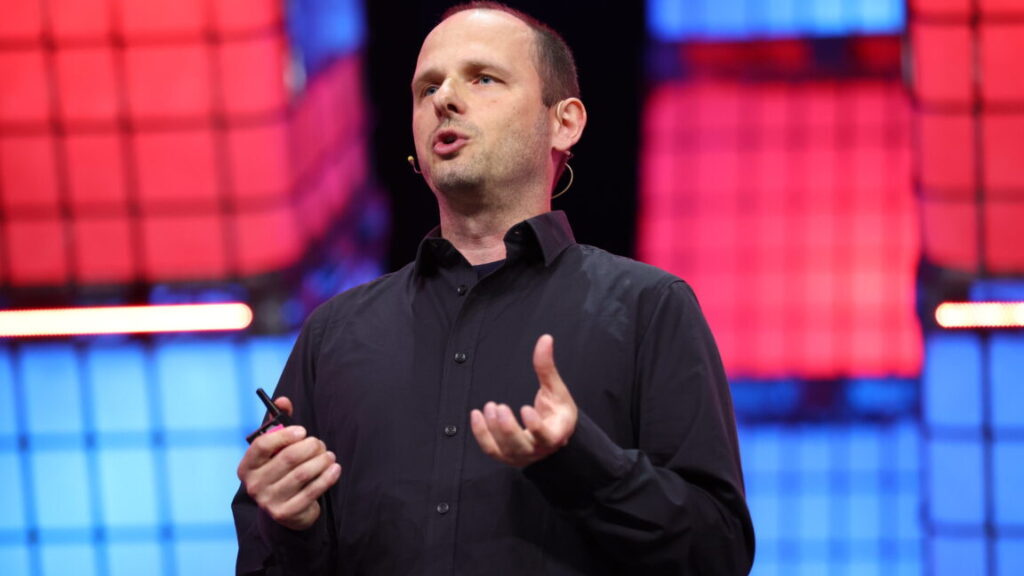Cities: Skylines upheaval: Developer and publisher announce “mutual” breakup
For well over a decade now, the Cities franchise has done its best to pick up the urban simulation ball that EA’s SimCity famously dropped. Going forward, though, that ball will be handed off from longtime developer Colossal Order to Finnish studio Iceflake (a subsidiary of Cities publisher Paradox Interactive).
The surprise announcement Monday morning on Paradox’s official forums says that Cities‘ developer and publisher “mutually decided to pursue independent paths” without going into many details as to why. “The decision was made thoughtfully and in the interest of both teams—ensuring the strongest possible future for the Cities: Skylines franchise,” the announcement says.
“Both companies are excited for what the future holds while remaining deeply appreciative of our shared history and grateful to the Cities’ community,” the statement continues. Colossal Order “will work on new projects and explore new creative opportunities,” Paradox wrote in an accompanying FAQ.
A new mayor in town
New Cities developer Iceflake was acquired by Paradox in 2020, shortly after the release of its post-apocalyptic survival/strategy game Surviving the Aftermath. That game has maintained a small but seemingly dedicated following on Steam, thanks in part to updates and DLC that seem to be Iceflake’s main focus in the last few years.
Paradox writes that Iceflake is currently “hard at work getting into the nuts and bolts of Cities: Skylines II” and will be responsible for future free updates, expansions, and content packs for that game from the start of 2026 onward. Iceflake will also be working on the long-awaited console ports of Skylines II, which were originally planned to launch alongside the PC version in 2023.
Cities: Skylines upheaval: Developer and publisher announce “mutual” breakup Read More »


